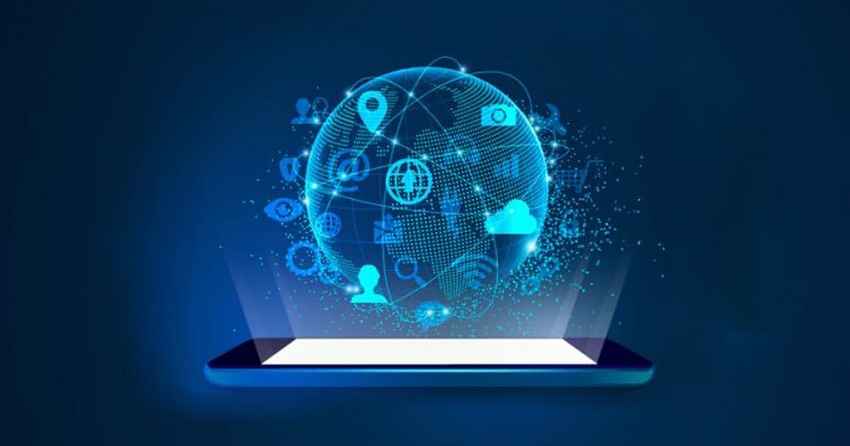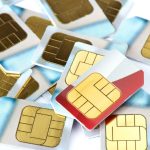Unrestricted Internet, often referred to as tiered Internet, is a type of Internet service used by various segments of society, including professionals like doctors, university professors, students, and others who require unfiltered access to the Internet.
who can use unrestricted internet?
According to IDEA, this type of internet provides companies, organizations, governments, schools, and individuals with the ability to exchange and utilize information with other users and stakeholders. With high-speed internet access, users can perform a wide range of activities.
As some foreign platforms have become restricted in Iran, there has been discussion about another type of internet known as “tiered internet.” Although officials, including the Minister of Communications and Information Technology, have stated multiple times that tiered internet does not mean a specific group has access to high-speed internet, and it is accessible to everyone, questions arise about who can use unrestricted internet.
Freelancers or Independent Contractors
Freelancers, also known as independent contractors, are individuals who are not employed by a specific company or organization. They work on a project-by-project or part-time basis and provide services in the fields of communication, information technology, and digital business within the country. Freelancers are among those who can potentially use unrestricted or tiered internet. In fact, in the regulations supporting active freelancers in the digital economy, which was approved in Azar last year within the digital economy, the Ministry of Communications and Information Technology was tasked with providing the necessary infrastructure for high-speed and reliable internet access with appropriate access levels for qualified individuals.
Foreign Tourists
Foreign tourists are another group that can access this type of internet, often referred to as ‘unfiltered internet,’ albeit through what is known as an ‘unfiltered SIM card.’ The allocation of SIM cards to tourists has been a topic of discussion in recent years. It was mentioned that these SIM cards, available in English and Arabic, provide users with information about Iran’s tourist attractions, offer easier internet access, and include multimedia features, GPS, and a handbook.
After the controversy that arose when this was reintroduced in 1401 (Iranian calendar), the Minister of Cultural Heritage, Tourism, and Handicrafts announced that offering unfiltered SIM cards to foreign tourists was his proposal, and he believed that foreign tourists should receive at least this level of service. Currently, there is no official and recent news regarding the method and details of providing SIM cards to foreign tourists by the Ministry of Communications and other official institutions. However, based on general information, these SIM cards may be provided to tourists in places where they are present, such as airports.
University Professors
In addition to the aforementioned cases, university professors are another group, according to the primary definition, who can benefit from this type of internet. In this regard, it has been reported by some officials that university professors require high-speed internet due to their research and academic work. It was stated that after several months, the processes related to the allocation of open Internet to university professors have been completed and will be announced soon.
Journalists
Journalists are also a group that can access the unfiltered internet. In fact, in 1397 (Iranian calendar), it was announced that, with the request of the Press Deputy of the Ministry of Culture and Islamic Guidance and the follow-up of the Ministry of Communications and Information Technology, a working group determined the criteria for harmful content, and as a result, some journalists agreed to use unfiltered internet.




No Comment! Be the first one.